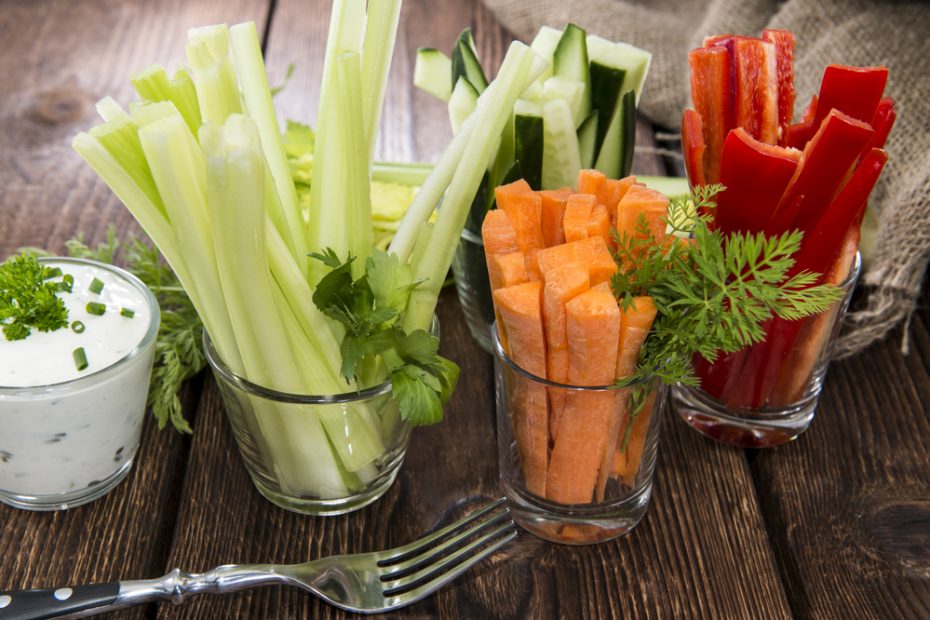Diet for pancreatitis
Pancreatitis is a disease associated with inflammation of the tissues of the pancreas. “The reason for the development of pancreatitis is the premature activation of enzymes produced by this organ,” says Yulia Lerner, a gastroenterologist at the Federal Research Center of the Federal Medical and Biological Agency of the Federal Medical and Biological Agency of Russia. “There are acute and chronic forms of pancreatitis. In acute pancreatitis, the patient experiences a sharp girdle pain in the upper abdomen, fever, vomiting and stool disorders are possible. Chronic pancreatitis is characterized by symptoms that may appear from time to time, mainly after drinking alcohol, fatty or spicy foods. Signs of chronic pancreatitis are pain in the upper abdomen, hypochondrium or chest, incomplete digestion of food, flatulence, and slight yellowness of the skin. With prolonged absence of diet and treatment, chronic pancreatitis contributes to the development of anemia and diabetes. ”
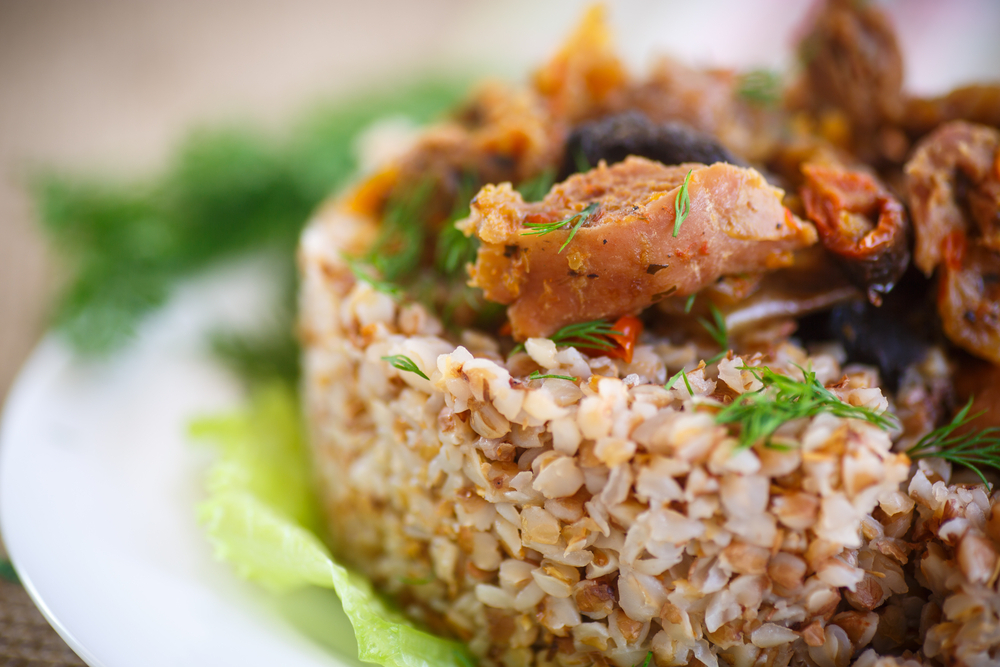
The most important part of the comprehensive treatment of pancreatitis and the prevention of exacerbation in the chronic form of this disease is diet. This is an effective way to “unload” the gland, which is unable to produce the optimal amount of enzymes for digesting a large variety of foods. “In acute pancreatitis, the patient may be prescribed fasting for up to three days or intravenous nutrition,” says our expert. “After the symptoms have subsided, liquid and puree foods are allowed. This regimen can be recommended for 5-7 days, depending on the course of the disease. Subsequently, if the patient does not feel pain and the food is completely absorbed, you can return to a varied diet. The basic principles of the diet for chronic pancreatitis are the rejection of certain types of preparation and food groups, fractional meals. The diet involves the exclusion of juices, fresh berries and fruits, mushrooms, beans, flour and confectionery products, savory and sweet snacks, sausages, sauces and alcohol. It is not recommended to eat fried, salty, canned, smoked foods. Among the cooking methods, preference should be given to stewing, boiling and baking. The diet must contain chicken eggs, dairy products, cereals, vegetables (with the exception of white cabbage, radish, tomatoes, spinach), lean meats and fish, baked fruits. ”
The diet must be followed during 8-12 months after exacerbation. Further, it is recommended to adhere to proper nutrition, give up alcohol and fatty foods. “As a rule, the dietary habits of patients who follow a diet for a long time change,” says Julia Lerner. “Eating is becoming more conscious, built not on restrictions, but on the desire to preserve their health, so it is not difficult for them to give up chocolate or a glass of wine in favor of good health.”
How to compose a diet for pancreatitis
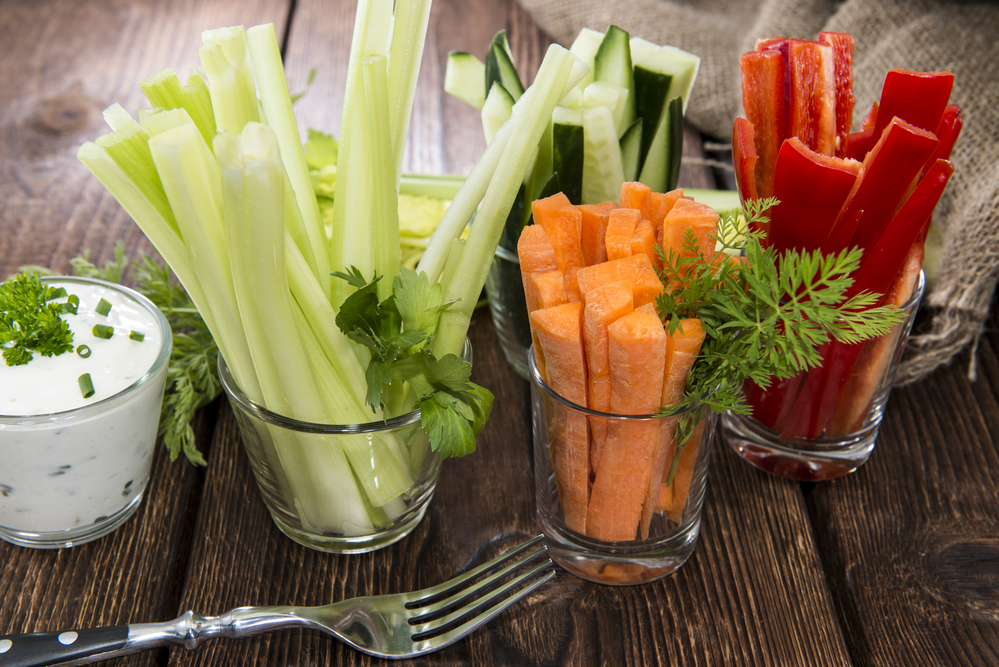
Columbia University Pancreas Center recommends people with pancreatitis to follow a diet similar to the Mediterranean. This diet also reduces the risk of developing pancreatic cancer.
It must be said that the traditional Mediterranean diet may be overly oily for some people with pancreatitis, but it is easy to adjust. Unfortunately, even healthy fats such as olive oil, coconut oil and oily fish can be too much of a burden for a diseased organ. Listen to your body, it will tell you what food is not suitable for it. The goal of the diet is to provide the body with foods that are easy to digest and provide all the nutrients it needs.
Most experts recommend including in the menu daily:
- 3 servings of whole grains;
- 2 servings of baked fruit;
- 5-7 servings of vegetables;
- 1 serving of nuts;
- 1 serving of lean animal protein;
- 1 serving of low-fat dairy products.
Weekly:
- 3 servings of wild-caught fish;
- No more than 2 servings of beef;
- 3 eggs;
- 3-4 servings of chicken or turkey;
- 3-4 servings of nuts or seeds.
Vegetables
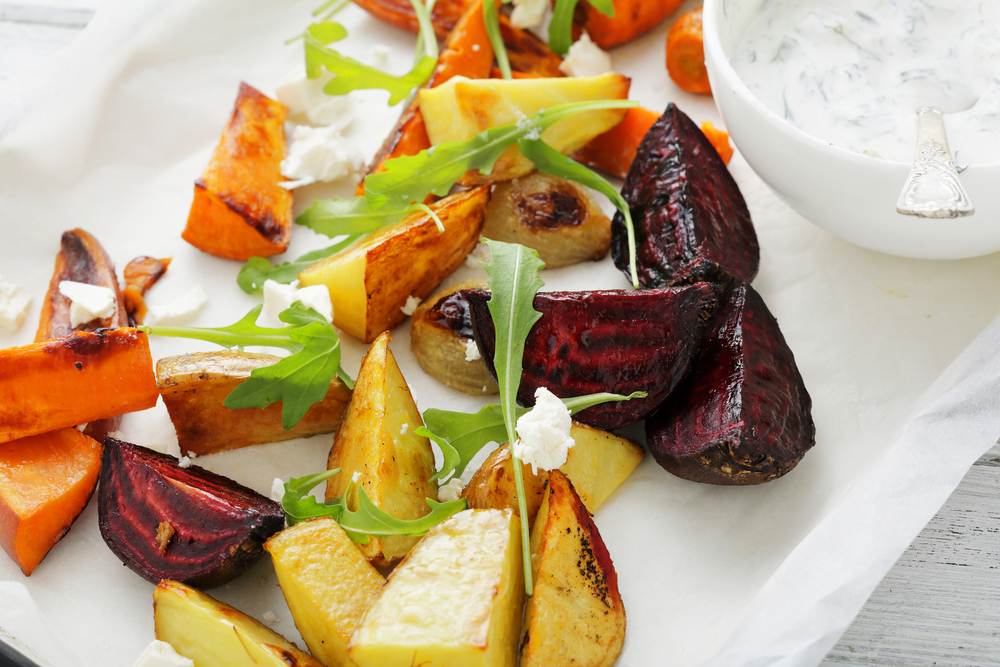
- Beetroot. Contains essential nutrients for the body: iron, manganese, copper, potassium and B vitamins. Supports heart, brain and liver function.
- Broccoli. Just one cup of cooked broccoli contains over 100% of the daily value of vitamin K and vitamin C. Also rich in minerals, this vegetable fights cancer and promotes digestive health.
- Spinach. Contains nutrients that boost immunity, protect against diabetes and some cancers.
- Sweet potatoes. Rich in beta-carotene, vitamin C, copper, vitamin B6 and manganese.
- Carrots. Beta-carotene is important for the health of the immune system, eyes and digestive organs.
Cereals
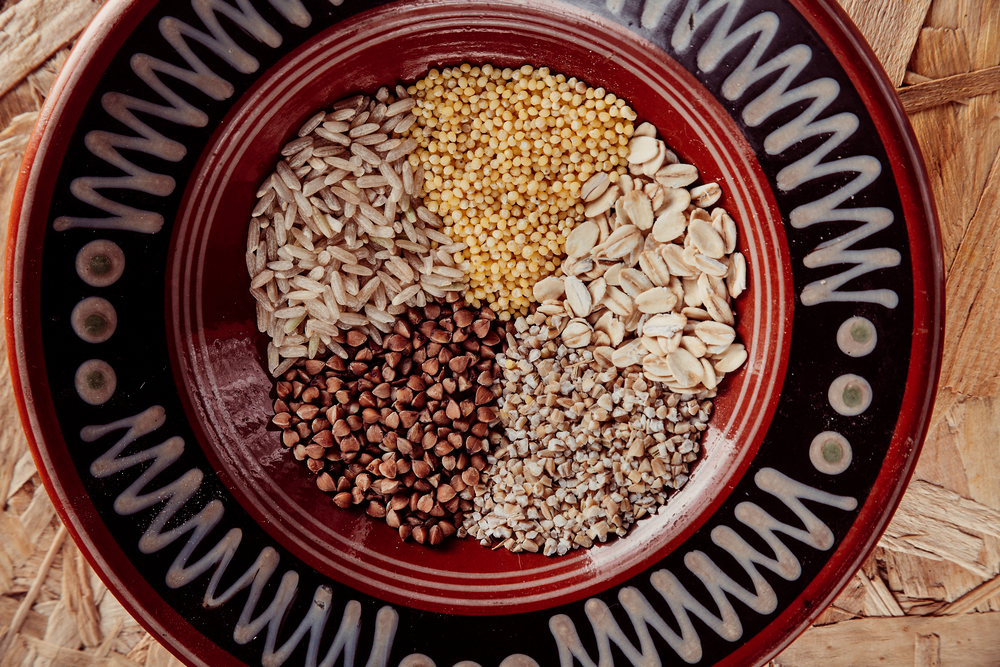
- Brown rice . It is high in fiber and manganese. Replace white rice with brown rice to lower your risk of type 2 diabetes. Rice is quite high in calories – you shouldn’t eat more than one serving.
- Buckwheat. Rich in protein, fiber and antioxidants. Gluten free. Well absorbed. Buckwheat flour can be used to make pancakes. Buckwheat is good for adding to salads.
- Millet. It has a high fiber content and is well absorbed. Gluten free.
- Amaranth. Good source of fiber, manganese and protein. Improves digestion, reduces inflammation, fights the development of type 2 diabetes and promotes weight loss. Gluten free. Use instead of oats, white rice or pasta.
Nuts and seeds
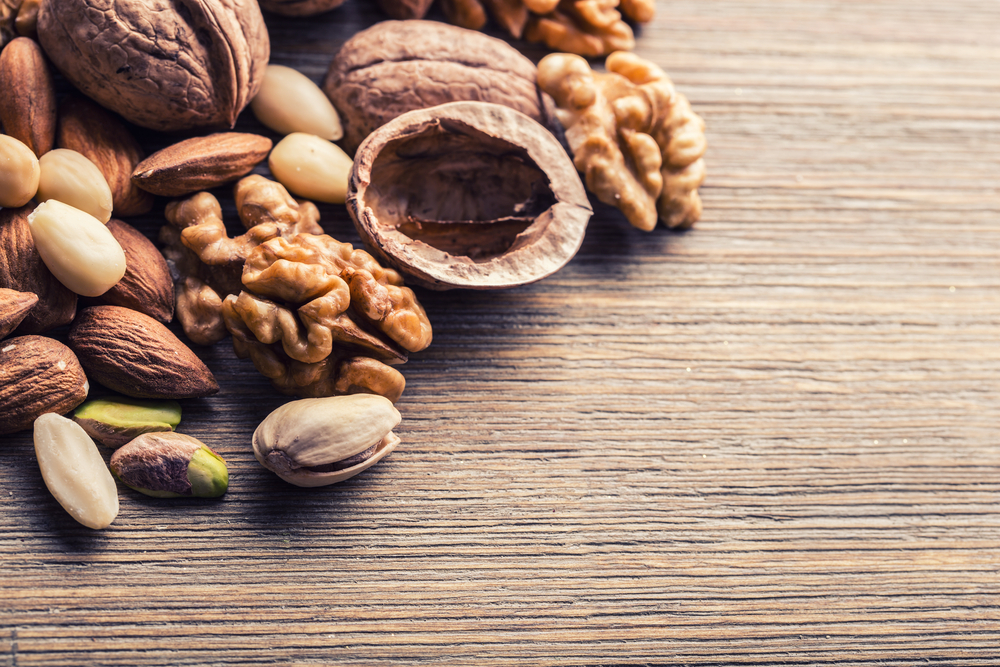
-
- Almonds. Contains protein, fiber and many essential vitamins and minerals. Research shows they can help control blood sugar levels and help you lose weight. Because of its high fat content, limit yourself to one serving.
- Walnuts. Provides the body with lomega-3, supporting the heart and brain, helping control inflammation and blood sugar.
- Sunflower seeds. Rich in B vitamins and vitamin E, as well as selenium and magnesium. The seeds provide the right dose of essential fatty acids, amino acids and fiber. Eat in moderation as this is a rather fatty product.
Protein foods
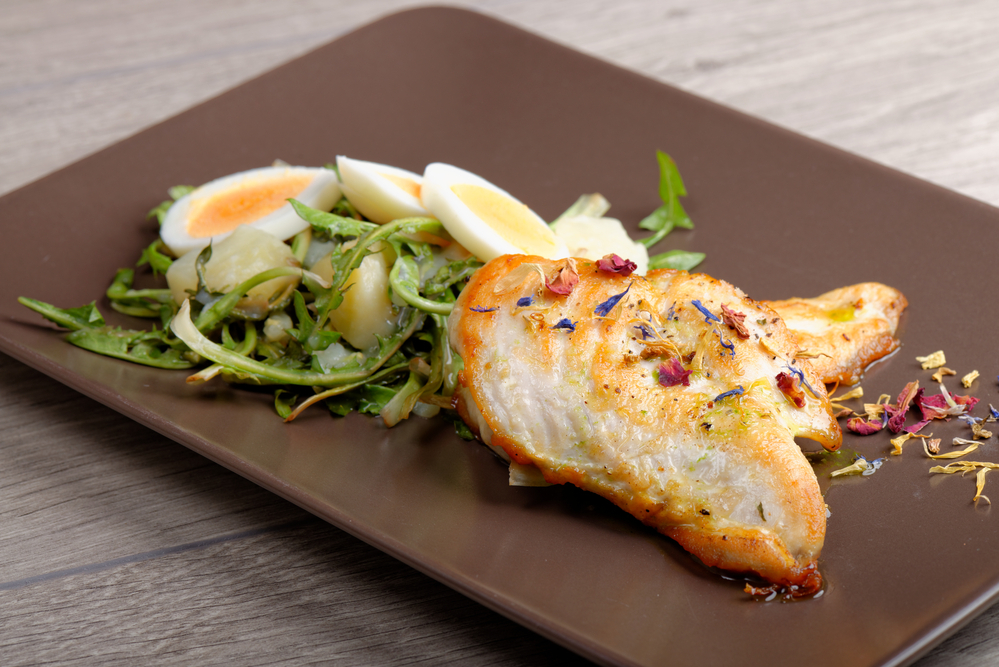
- Fish. Include wild-caught fish at least twice a week. The substances found in fish support cognitive function, heart health and protect against cancer.
- Poultry. Lean chicken and turkey are excellent sources of protein. Grill, bake, or boil poultry. Avoid frying to avoid damaging your pancreas. Eat chicken broth – it is rich in collagen and L-glutamine, which are beneficial for digestion.
- Eggs. High in protein. Include eggs in your diet 2-3 times a week. It is better to cook an omelet from eggs, bake.
